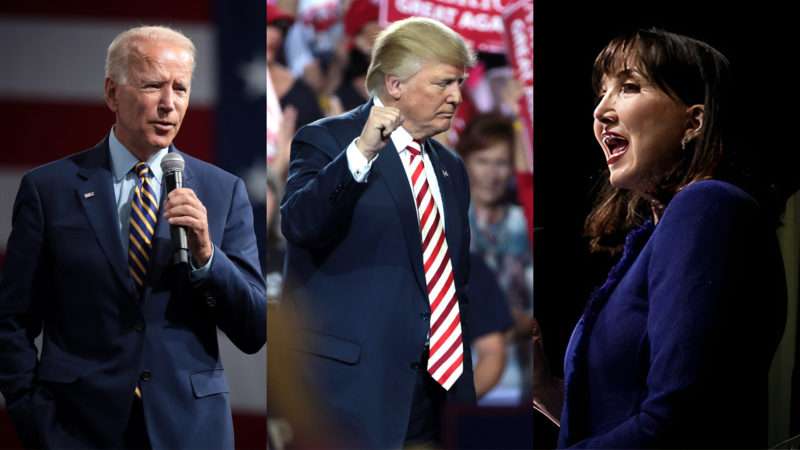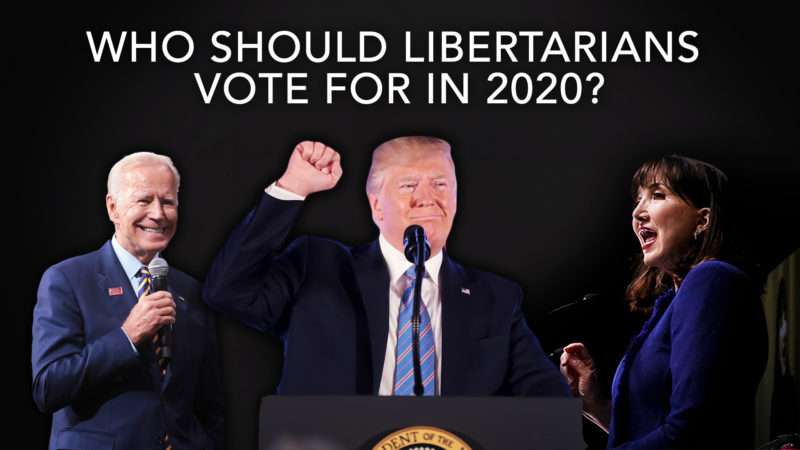Juvenile cases have historically been litigated confidentially. Ordinary criminal cases have historically been litigated openly, and the First Amendment has been read as protecting that openness. What should happen when serious juvenile cases are transferred to ordinary criminal court? Here’s one judge’s answer, from today’s ruling by Judge Michael P. Shea in Hartford Courant Co. v. Carroll (D. Conn.):
[T]he Courant challenges the confidentiality provisions of Connecticut’s recently enacted Juvenile Transfer Act, … which require that cases transferred from juvenile court to adult criminal court be conducted in private and that judicial records in such cases remain under seal unless and until a verdict is rendered or the defendant pleads guilty. Arguing that these provisions violate the right of access to court proceedings and records guaranteed by the First Amendment …, the Courant seeks a declaration that the provisions are unlawful and an injunction against their enforcement….
[I grant] the Courant’s motion for a preliminary injunction, which seeks … an order prohibiting Defendants from sealing any newly filed judicial records and requiring Defendants to unseal all judicial records that have previously been sealed under the challenged legislation….
Consistent with their rehabilitative goals, juvenile delinquency proceedings in Connecticut are confidential…. On July 9, 2019, the Connecticut General Assembly enacted the Juvenile Transfer Act …. The Act amended existing law governing the “transfer of matters involving certain criminal charges against persons who were between the ages of fifteen and eighteen at the time of the alleged offense from the juvenile docket to the regular criminal docket.” Specifically, as discussed below, the Act restricted access to proceedings and records of matters transferred to the regular criminal docket, making them confidential….
The Courant provides examples of Transferred Matters that the newspaper cannot cover as a result of the Act:
- The highly publicized prosecution of now 59-year-old Michael Skakel for the 1975 murder of Martha Moxley, which occurred when Skakel was 15 years old, has been retroactively sealed. Skakel was tried as an adult and convicted of the 1975 murder in 2002. But in 2018, the Connecticut Supreme Court reversed his conviction based on ineffective assistance of counsel. The Courant alleges that Connecticut is “contemplating re-trying Skakel,” but “Skakel’s case has now been sealed pursuant to the Act.” As a result, if Skakel is retried, neither the public nor the press would be able to attend any criminal proceedings or access judicial records.
- “[T]he Courant will be unable to provide information to the public about the prosecution of a 16-year-old defendant charged with first-degree manslaughter in connection with the hit-and-run death of a 71-year-old woman during an alleged shoot-out in Hartford in October 2019.” …
- The Courant cannot cover the prosecution of “16-year-old Alexander Bolanos, who was charged with conspiracy to commit murder in connection with the December 2018 drive- by shooting death of a 12-year-old in Bridgeport, Connecticut.” ….
[T]he Courant has shown a clear and substantial likelihood of success on the merits of its First Amendment claim….
It is well-established that “the First Amendment grants both the public and the press a qualified right of access to criminal trials” and related criminal proceedings such as voir dire and preliminary hearings…. The proceedings at issue here in Transferred Matters are criminal prosecutions, including criminal trials and related pretrial proceedings, all of which take place on the regular criminal docket of the Superior Court. The statute specifically provides that “[u]pon the effectuation of the transfer, such child shall stand trial and be sentenced, if convicted, as if such child were eighteen years of age.” It is clear, then, that the “place and process” involved here is one that has “historically been open to the press and general public”; the Supreme Court has held that the right of access to criminal prosecutions has a long historical pedigree. Even the history of Transferred Matters in the Connecticut Superior Court is consistent with this tradition: the Defendants admit that, “[p]rior to October 1, 2019, a case transferred from the juvenile docket to the regular criminal docket was public unless it was subsequently transferred to the Youthful Offender Docket” under Conn. Gen. Stat. § 54-76h. The Defendants cite no case suggesting that the right of access to proceedings and court records in a criminal prosecution has ever hinged on the age or other personal characteristics of the defendant.
While it is true, as noted, that the Supreme Court has not determined whether a First Amendment right of access extends to juvenile delinquency proceedings, the Transferred Matters are criminal prosecutions, not juvenile delinquency proceedings. Juvenile delinquency proceedings “are fundamentally different from criminal proceedings,” because they do not involve adjudications of guilt and … focus on rehabilitation rather than punishment. An adjudication of delinquency requires the court not to mete out punishment on behalf of the community but to apply “services, sanctions and secure placements … in order to provide individualized supervision, care, accountability, and treatment” to the child. The goals of the juvenile justice system are not only to “[h]old juveniles accountable for their unlawful behavior” but also to provide therapeutic programs and services “designed to prevent reoffending and to effectively minimize the depth and duration of the juvenile’s involvement in the juvenile justice system.” … Juvenile delinquency proceedings therefore differ in both form and function from the criminal prosecutions at issue in this case and constitute a distinct “place and process,” for purposes of assessing the First Amendment right of access.
The second prong of the Press Enterprise II test also supports a finding that the First Amendment right of access attaches to Transferred Matters because public access plays a significant positive role in the functioning of the judicial process in such matters. As with any criminal proceeding, public scrutiny of the Transferred Matters enhances quality, protects integrity, fosters an appearance of fairness, heightens respect, and permits the public to participate in and serve as a check upon the judicial process.
Transferred Matters involve charges of serious crimes in which the public has a clear interest and for which the juvenile defendants face severe potential punishments. The safeguards to the integrity of the factfinding process and the enhanced appearance of fairness that public access brings to judicial proceedings are not diminished by the age or other personal characteristics of the litigants. Both experience and logic, therefore, suggest that a qualified right of public access under the First Amendment attaches to Transferred Matters.
Defendants argue that transferring a case from the juvenile docket to the regular criminal docket does not change the age of the defendant or the state’s associated interest in keeping the records about his or her case confidential. True, but the question for the moment is whether there is a First Amendment right of access at all; whether that right should prevail over countervailing interests is a separate question, which I address below. And, as shown, the age of the defendant does not alter the fundamental nature of the proceeding in a Transferred Matter, which becomes a criminal prosecution once the transfer occurs. In Globe Newspaper Co., the Court held that the First Amendment guaranteed a qualified right of access to criminal trials even during the testimony of minor victims of a sex offense. If the age of the victim does not affect whether there is a First Amendment right of access to criminal proceedings and records, there is no reason the age of the defendant should.
I thus agree with the Courant that the same qualified First Amendment right of access that has long attended criminal proceedings attaches to the Transferred Matters and applies to both the proceedings and the court records in these cases….
There’s a good deal more, including about when the presumption of public access can be rebutted, but to see that you’ll have to read the opinion.
from Latest – Reason.com https://ift.tt/3jDJkMQ
via IFTTT


